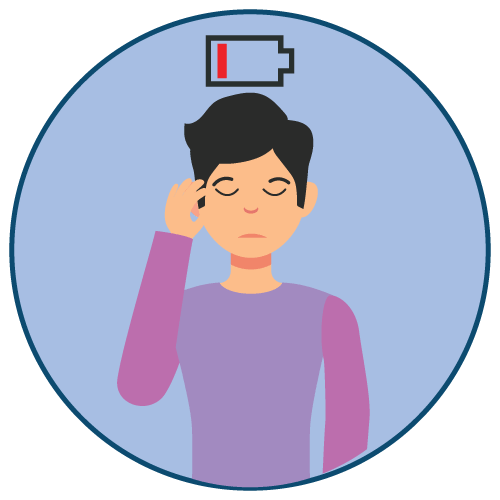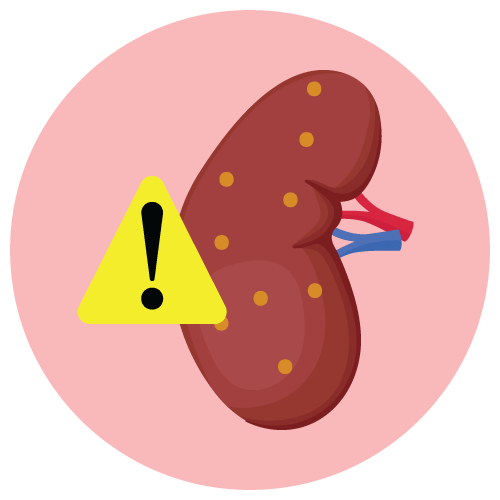| Name | Amiloride Hydrochloride |
| Classes |
Cardiovascular Agent Diuretic |
| Diseases |
Cardiovascular Disease Congestive Heart Failure (CHF) Cystic Fibrosis Hypertension (High Blood Pressure) Polyuria |
Amiloride Hydrochloride
Amiloride is a potassium sparing diuretic used alone or as an adjunct to other diuretics.
Amiloride is indicated in the following health conditions-
- Edema
- Hypertension
- Hypokalemia
- Amiloride is available as tablets.
- Amiloride HCl should be taken after a meal.
- Amiloride HCl, one 5 mg tablet daily, should be added to a kaliuretic diuretic's normal antihypertensive or diuretic dosage. If necessary, the dosage can be increased to 10 mg per day. Amiloride HCl doses of more than two 5 mg tablets per day are normally unnecessary, and there is limited controlled experience with higher doses.
Patients who are-
- elderly
- at risk of developing acidosis
- have diabetes mellitus
- have compromised hepatic
- renal function
should be given amiloride with caution.
- Patients with compromised renal function, as well as very unwell patients with ascites and metabolic alkalosis, or those with resistant oedema who are also taking diuretics, should have their serum electrolytes and blood urea levels closely examined.
- Hyperkalemia can occur in patients who use amiloride alone or in combination with other diuretics or angiotensin-converting enzyme inhibitors.
Contraindication
- Amiloride is contraindicated in patients hypersensitive to amiloride or other components of the product.
- Co-administration Potassium sparring diuretics are contraindicated. Such as-
- Potassium supplements.
Amiloride is contraindicated in the following health conditions-
- Hyperkalemia
- Severe renal problems
 Bangla
Bangla English
English





